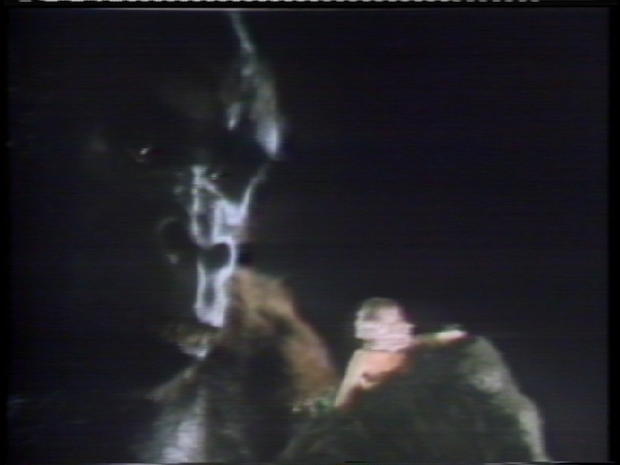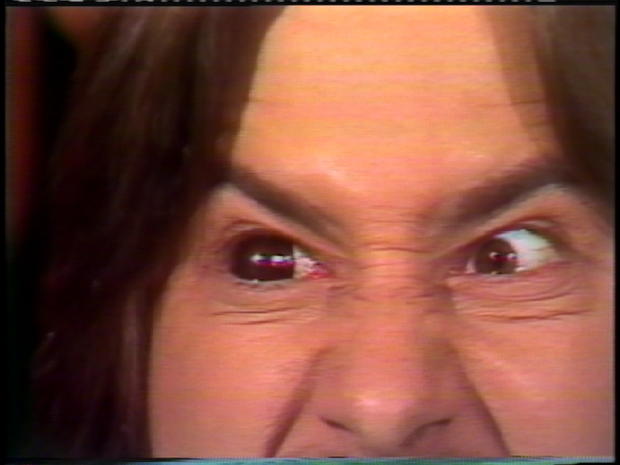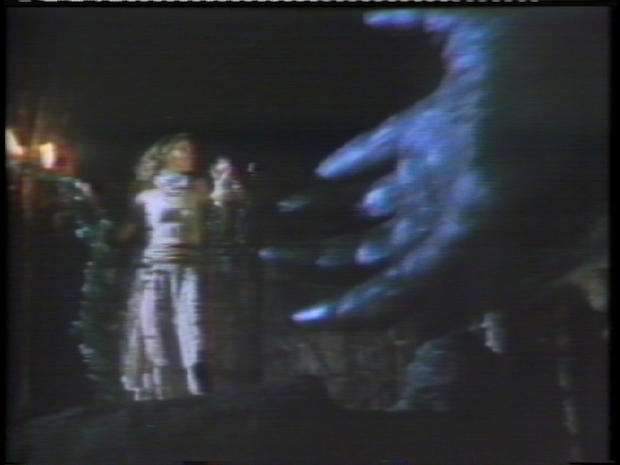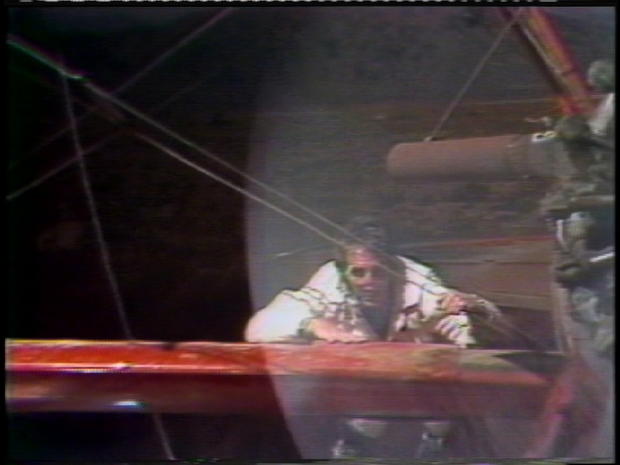The 1977 Oscars visual effects debate that happened again
What is it about ape movies that cause them be the topic of debate at the Academy Awards? Separated by nearly four decades, "Dawn of the Planet of the Apes" and the 1976 classic "King Kong" are connected not only by their nominations for Best Visual Effects but also by a perceived lack of recognition for the men who brought their respective primates to life.
In a 1977 report for the "CBS Evening News," former CBS News correspondent Terry Drinkwater profiled Rick Baker - the actor who helped portray Kong.
"For months, Baker put on his giant contact lenses, climbed into a monkey suit and went before the cameras," reported Drinkwater. "In fact, Rick Baker was King Kong."
That year "King Kong" and "Logan's Run" shared the 1977 Oscar for Best Visual Effects. The honor was given under the Special Achievement Award. But Baker, who went on to become an accomplished Hollywood make-up artist, would not be recognized by the award. The perceived snub "drove Baker ape," said Drinkwater.
"Just the fact that I designed Kong, sculpted Kong, built Kong, and played Kong in the picture and the fact that I didn't receive a credit, that was virtually nothing, and that somebody else is receiving an Academy Award for that is upsetting," said Baker.
Although the film's effects included optical illusions, a giant model and a huge million dollar mechanical arm, Baker believed his intimate involvement was worthy of recognition. If this all sounds familiar it's because it is, kind of.
Andy Serkis, the actor who brought Caesar to life in "Dawn of the Planet of the Apes," received critical acclaim for his role using motion capture technology. Countless headlines asked: "Does Andy Serkis's motion capture acting deserve an Oscar?" And, according to the Hollywood Reporter, Fox Searchlight unsuccessfully campaigned for him to get nominated for Best Supporting Actor.
It appears history does repeat itself and serves to forewarn of things to come, as Drinkwater's story would show.
"Upsetting to others in the filmmaking business is the prospect that the whole technique of illusion could be subverted, misused by the media, or even by government," reported Drinkwater.
The prospect would turn out to be true. Consider North Korea's visually enhanced propaganda videos showing elaborate attacks on America. Or, more recently, the visual effects used by ISIS to glorify its mission. The only difference is, back then they were worried about rear-screen projections whereas now the effects are much more elaborate - to a point where it's sometimes difficult to differentiate between reality and fantasy.
Drinkwater cited "Capricorn One," a fictional film about scientists faking a space shot to get more money from Congress. At its core it was a movie about special effects used for propaganda.
"There are people involved in filmmaking now, in special effects, that can do things that are beyond belief," said director-writer Peter Hyams. "What this film tries to tell everybody is don't believe what you see just because you see it."
And that's the way it was on Saturday, February 27, 1977.




